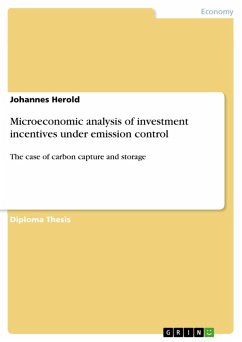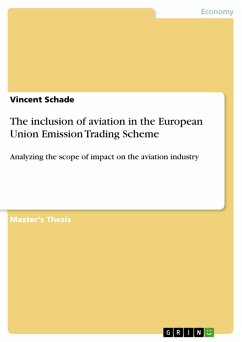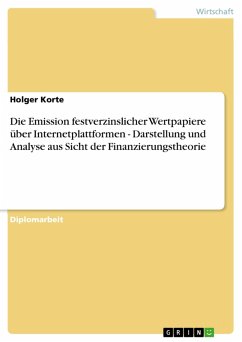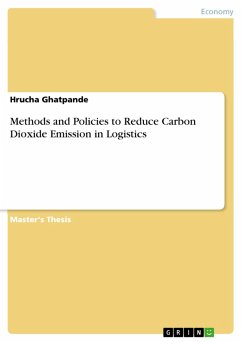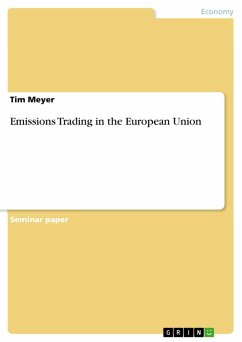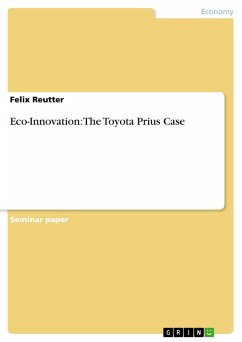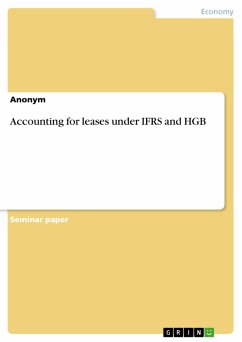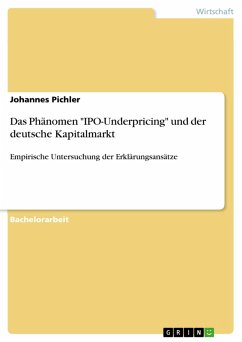Diploma Thesis from the year 2008 in the subject Business economics - Investment and Finance, grade: 1,3, Dresden Technical University, language: English, abstract: The Kyoto Protocol has first set a price on carbon dioxide emission (CO2).The energy sector is, due to its nature, particularly afflicted. The combustion of fossil fuels emits massive amounts of CO2 which need to be covered by means of limited emission permits. Coal is the fossil fuel which on the one hand is provided with the largest reserves (thus assuring future fuel availability at comparably low costs) but is on the other hand emitting the largest amount of CO2 per MWhel. Therefore, technologies to capture and store that CO2 are under development. Those technologies come with significantly higher capital cost for the plants and high energy losses in generation. Consequently, high carbon prices are required to incentivize investment into that innovative technology. But the adoption and diffusion of innovations is not only a question of financial incentives. As on other markets, the market for innovation is characterized by potential failures which may impede or prevent the successful diffusion of advanced technologies. The following thesis first provides an overview about the innovative technologies to capture CO2 from large scale sources just reaching demonstration phase. Second, innovation from an industrial organizational point of view is analyzed. The focus here is set on market failures for innovation, in particular with respect to market failures which interact with failures on the market for pollution control. Third, a model is introduced which simulates the adoption and diffusion of Carbon Capture and Storage (CCS) in a two player Cournot game. The producers are subject to emission control and can choose among several technologies to comply with that constraint. The analysis shows that producers prefer a significant reduction in output and profit instead of investing into the expensive technology. The situation changes as nuclear energy production is phased out and learning effects are introduced. This indicates that a switch to environmentally friendly technologies needs strong policy support by stringent emission limits as well as by R&D support and public financed demonstration projects. In extreme cases in which one player is initially equipped with a high share of coal while the other is nuclear based, no symmetric market shares develop. Then, despite being subject to a higher level of emission control, the fossil fuel based player dominates the market over a long time.
Dieser Download kann aus rechtlichen Gründen nur mit Rechnungsadresse in A, B, BG, CY, CZ, D, DK, EW, E, FIN, F, GR, HR, H, IRL, I, LT, L, LR, M, NL, PL, P, R, S, SLO, SK ausgeliefert werden.

